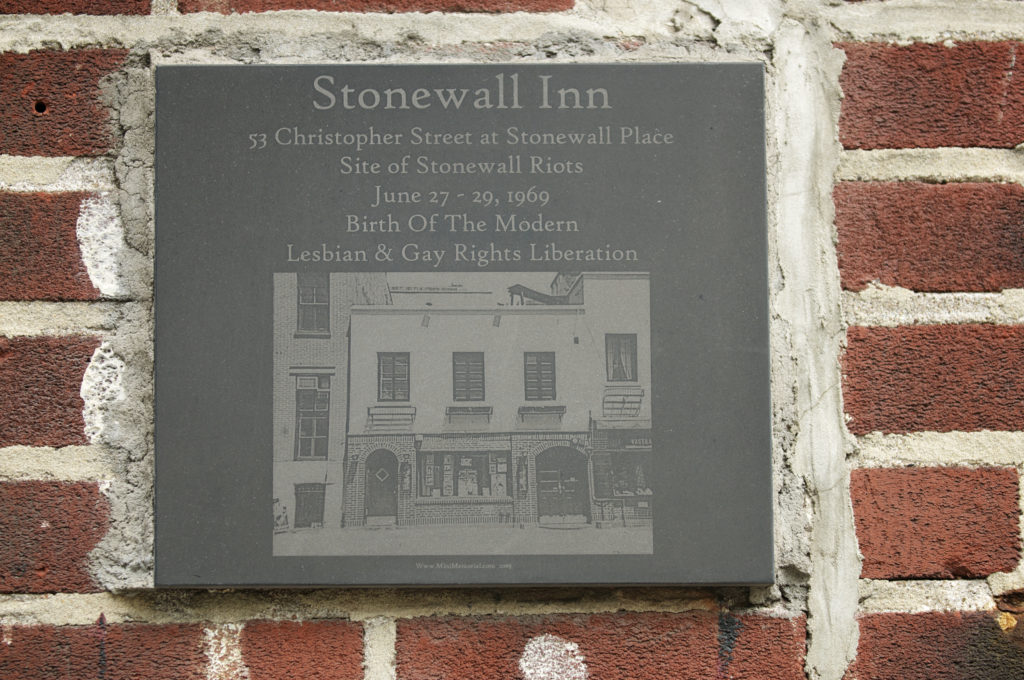It was just past 1:00 a.m. in New York City on Saturday, June 28, 1969, when police raided the Stonewall Inn. The Stonewall Riots are the time that many historians mark as the beginning of the gay rights movement. It’s also a time that many young people are unaware of. The true Stonewall story should be taught, and a variety of resources are available.
Teaching Tolerance presents the how and why here.
The following resources from NCTE and ReadWriteThink can help share the history of Stonewall with today’s students.
“Topics of inclusiveness in educational contexts—how schools consider and respond to learners with diverse backgrounds, languages, abilities, and experiences—are nothing new for language arts teachers.” Read more in “Making a Safe Space for LGBTQ Texts into Your Classroom.”
“Inclusive Stories Affirming Gender Diversity” is a blog post that’s part of Build Your Stack,® an initiative focused exclusively on helping teachers build their book knowledge and their classroom libraries. This post was written by NCTE member Courtney Farrell and shares book titles to facilitate conversations.
This podcast episode “Being a YA Lit Advocate” takes up difficult topics, raise teens’ political and social consciousness, and others allow teens of different kinds to see themselves.
The authors of “Criteria for the Selection of Young Adult Queer Literature” advocate for the inclusion of YA queer literature and seek to provide educational professionals with a set of criteria for selecting appropriate YA queer literature and incorporating it into the curriculum.
Did you know that the Conference on College Composition and Communication (CCCC) has a Stonewall Service Award? Its goal is to recognize members of CCCC/NCTE who have consistently worked to improve the experiences of sexual and gender minorities within the organization and the profession. Learn more.
Many of the resources shared here are part of the work of the NCTE Lesbian, Gay, Bisexual, Transgender, and Queer Advisory Committee.
What resources would you add to this list?

